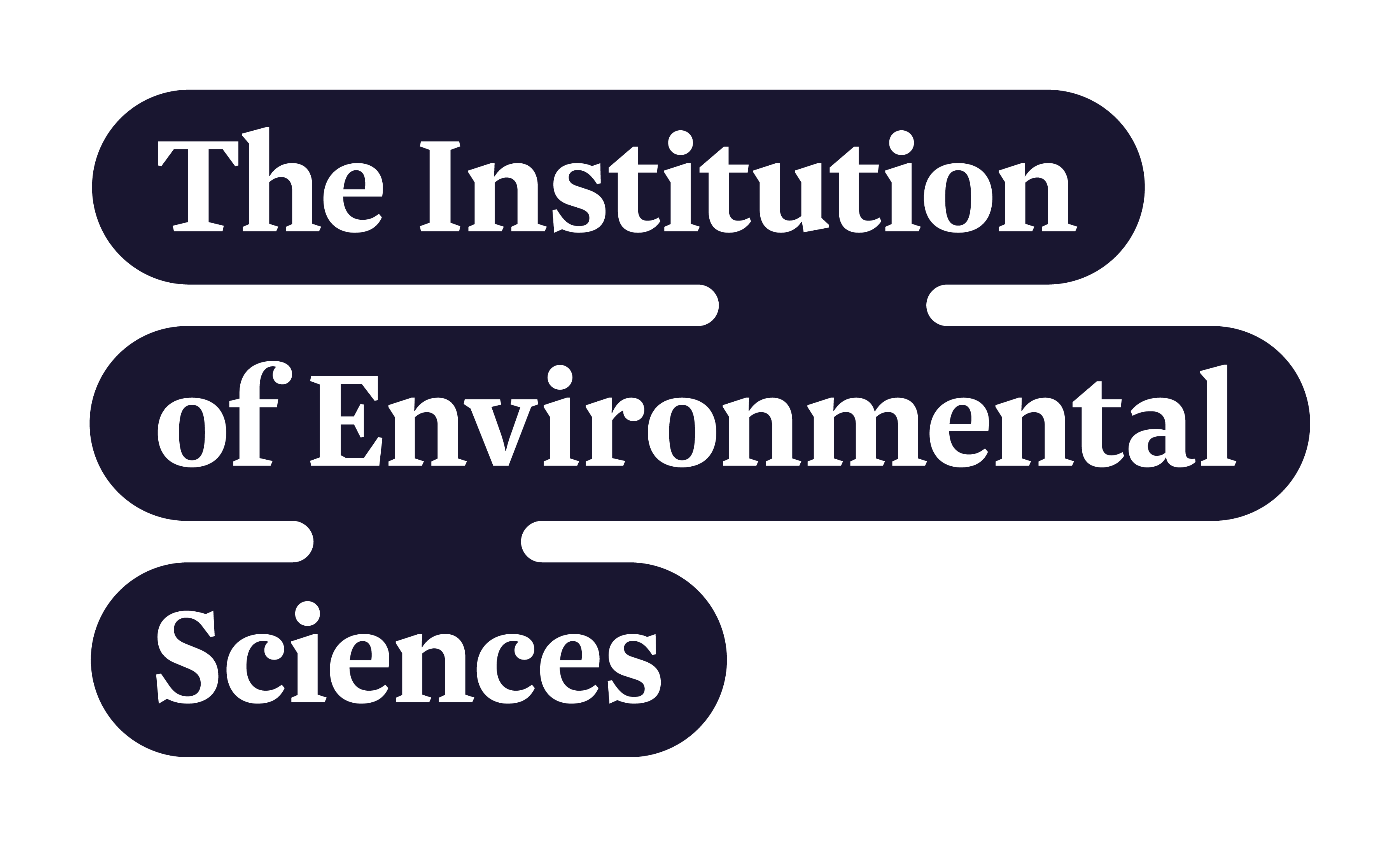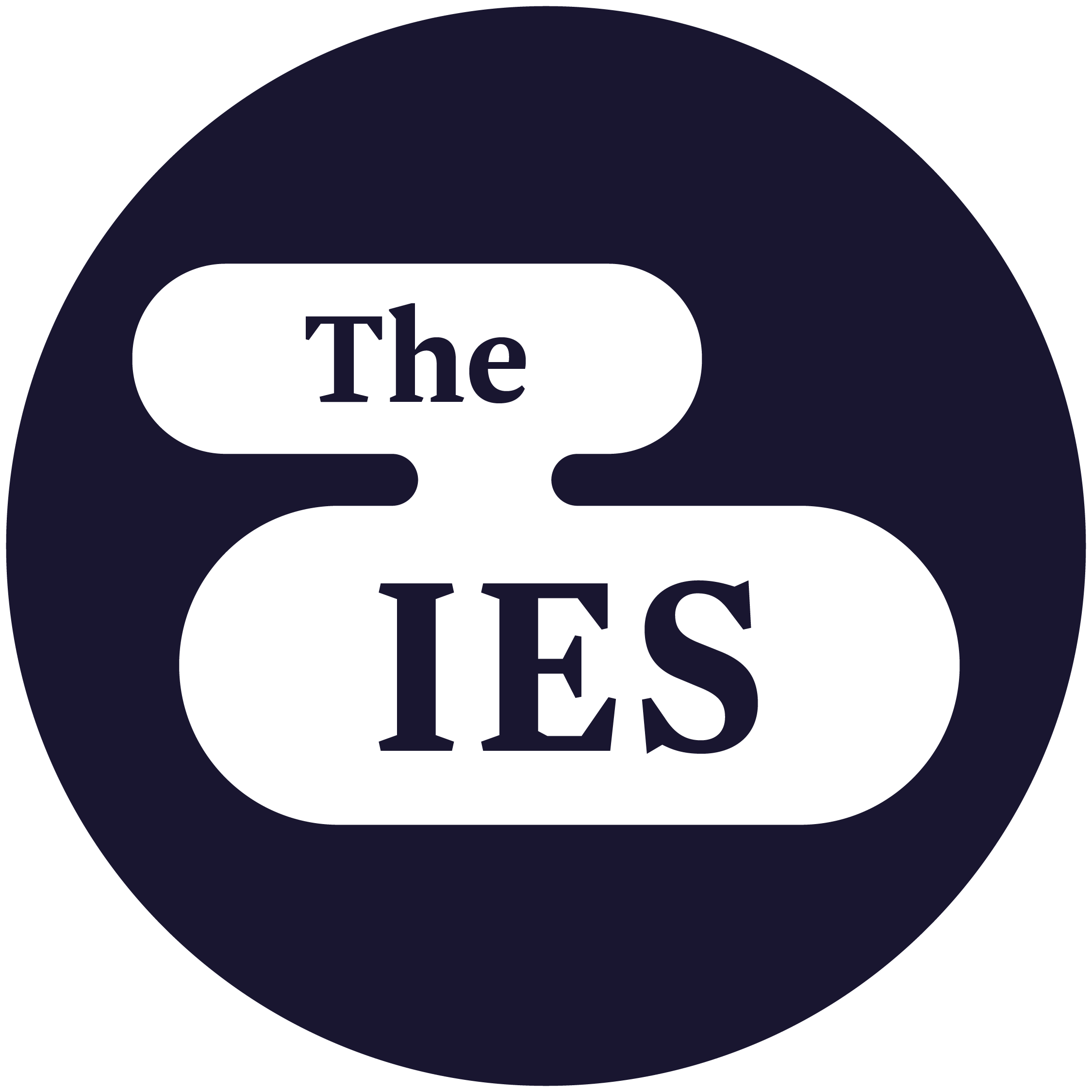LGBT+ History Month
February represents LGBT+ History Month in the United Kingdom. This is an opportunity to learn more about the history of those who identify as Lesbian, Gay, Bisexual, Transgender, Non-Binary and all other genders and sexual orientations within the Queer community.
Why is this something the IES is discussing?
“We are unapologetic about promoting science in leading to behaviour change. We aim to equip our members not just with a technical understanding of the science, but with an understanding of how science operates in context and the communication skills to promote a transition to a sustainable society.” This is part of the IES' values. Context is important and below we discuss a short introduction to the context that many members of the LBGTQ+ community may find themselves having to face within the environment sector.
As environmental scientists, we know that the most pressing issues - climate change, air pollution, conservation, environmental justice, etc. - are international problems. Issues pertaining to international laws around gender identity and sexual orientation may prohibit or make working in some countries unsafe. The Human Dignity Trust have generated an interactive map, detailing the 72 countries where being LGBT+ is a criminal offence; 15 countries of which specifically target the transgender community and 11 of which still have the death penalty as legal punishment for being found to be LGBT+. For individuals who identify as transgender, or whose sexual identity falls outside the heteronormative, their careers, their choice of educational options and field courses, and their ability to have a true impact on the environmental problems we face is limited by law.
Even within countries where LGBTQ+ individuals have stronger rights, we still see examples of societal pressures, negative attitudes, bullying, micro-aggressions, and ill treatment in the workplace. Feelings of isolation, underrepresentation, or feeling unsafe may force your boss, your colleagues, your employees and friends to remain “in the closet”, to suppress their true identity and to present a façade or withdraw within themselves. Not only can this be traumatising for the individual, but it has knock-on effects such as poorer performance at work, reduced cohesion and willingness to contribute, and lower creative thinking and problem solving.
We pride ourselves at the IES in being open, accessible and a safe space for all. Members of the LGBTQ+ community exist within our staff roster, our membership and the wider environmental sector. We are proud to be a professional body for all environmental scientists regardless of sexual orientation or gender identity. We believe it is important to commemorate dates such as LGBT+ History Month, to add an environmental voice to the conversation, to celebrate how far we have come, and to remind us all that more work still needs to be done in making our sector, and society in general, a more inclusive, accessible and safe space.
You can find out more through some of the links below:
https://lgbtplushistorymonth.co.uk
https://prideinstem.org
https://lgbtstem.wordpress.com
https://www.tigerinstemm.org


